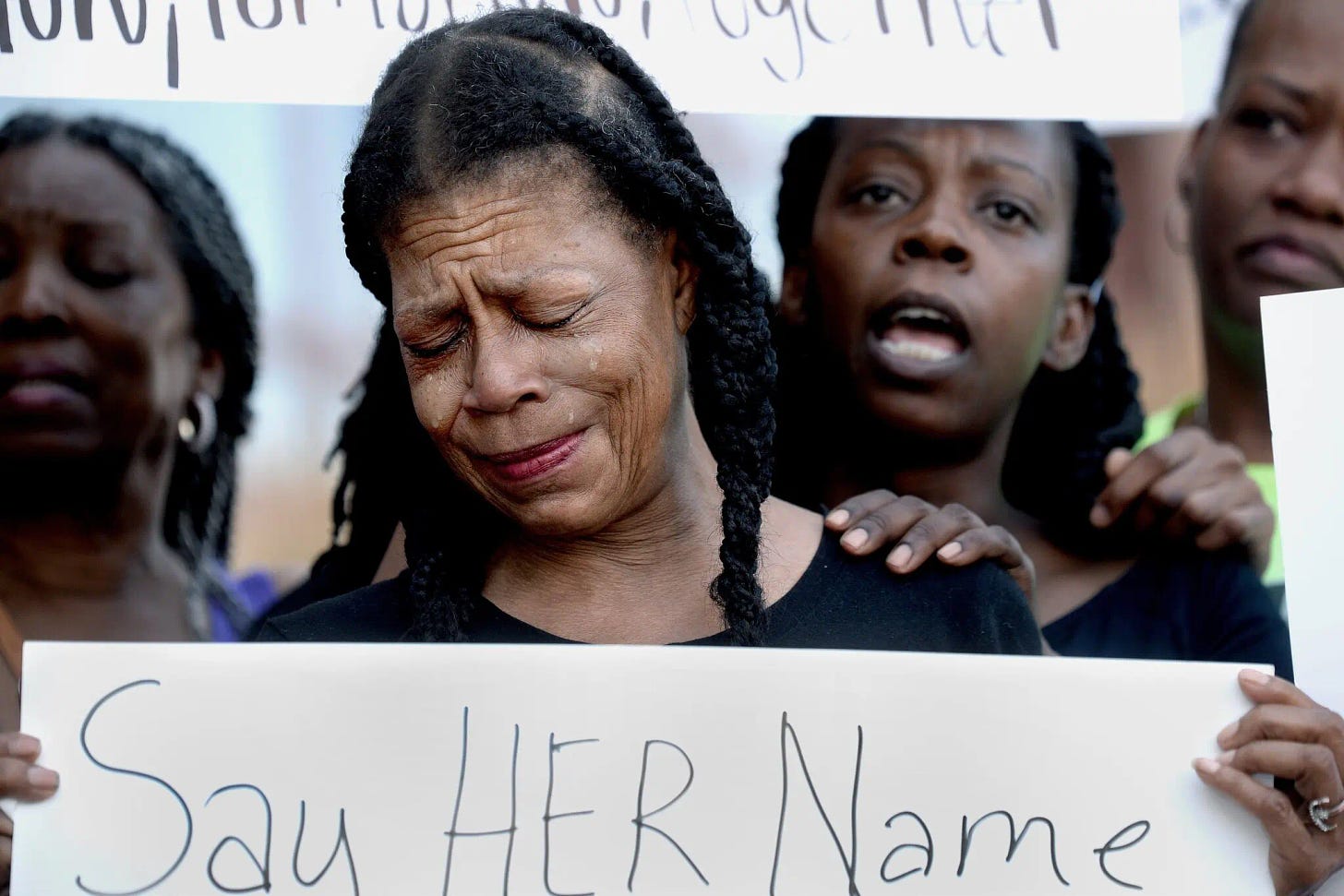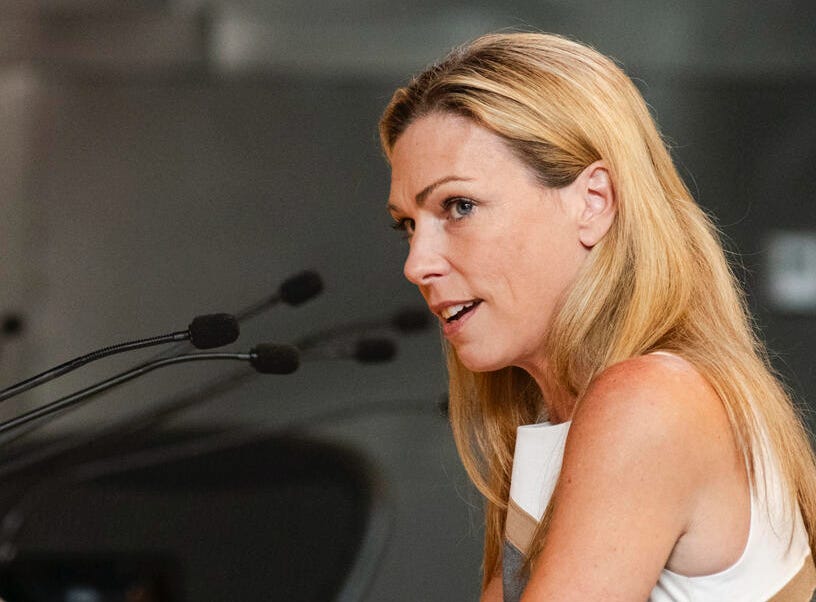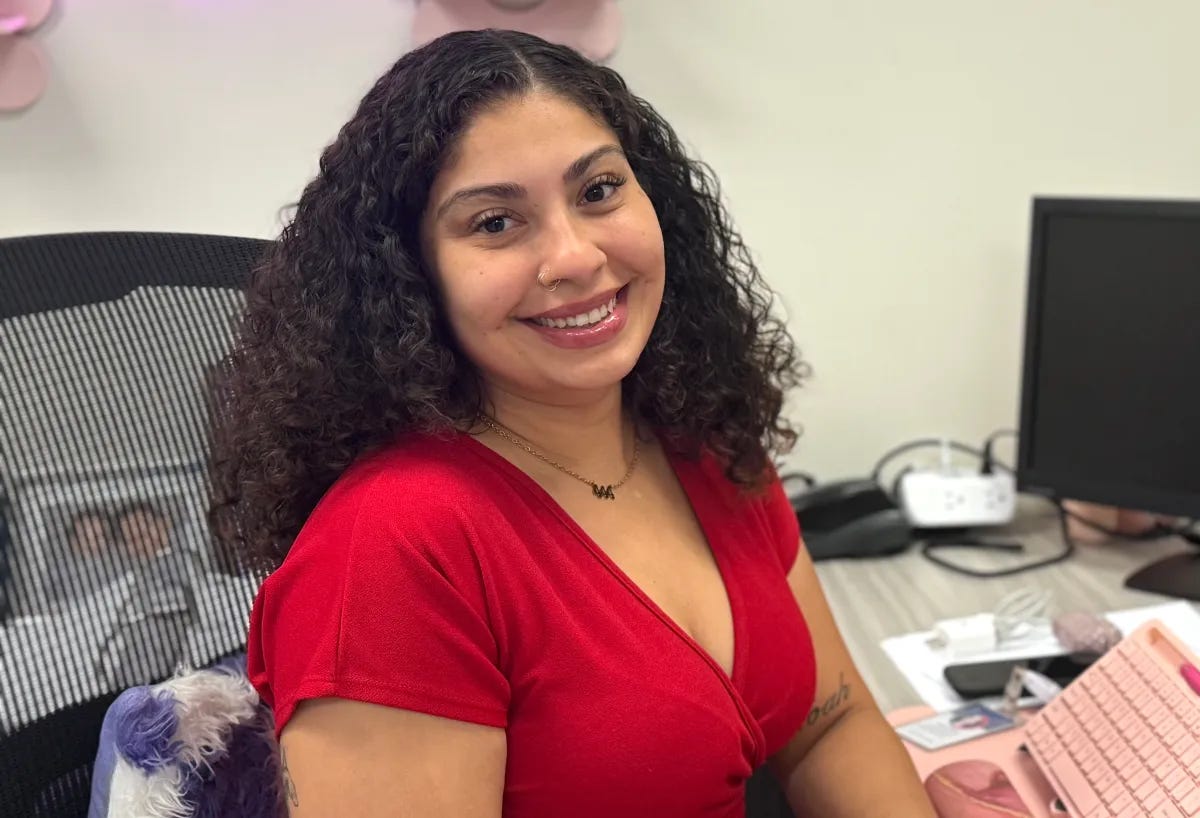A Call for Input from Government Leaders
Plus a great podcast series on mobile crisis in Durham, NC.
AMSA Weekly Newsletter is supported by members of the Alternative Mobile Services Association. Subscribe to receive and read each entire issue.
HEADLINES
SPRINGFIELD - In a 911 Call, Sonya Massey’s Mother Asked That Police Not Hurt Her, August 1, 2024
A day before an officer shot and killed her daughter, Donna Massey told a dispatcher that she was having mental health issues and asked that they not send “combative” police.
A sheriff deputy spoke to Ms. Massey at a hospital the day before she was shot and killed, where she was seeking treatment for her psychosis, and that she told him she had recently been released from a psychiatric hospital. The Springfield Police Department said Ms. Massey had also talked with members of a mobile crisis team for people experiencing mental health issues at least three times in the two weeks before the shooting, according to the report.
PHILADELPHIA - City to stop contracting with mobile crisis provider, July 31, 2024
The city notified The Consortium it plans to stop contracting with the group at the end of the year due to violations of its agreement, which was set to expire June 2025.
Philly has terminated its contract with The Consortium, a mental health provider for over half a century, August 2, 2024
SEATTLE - Chief Amy Smith’s plans for Seattle’s CARE Department, July 31, 2024
The Seattle City Council voted unanimously to appoint Amy Smith chief of the fledgling CARE Department, which oversees the police alternative Crisis Responder team and the 911 call center. The new CARE Department — short for Community Assisted Response and Engagement — was born out of the 2020 protests against police violence. It is modeled on other cities’ experiments with sending unarmed civilian responders alongside or instead of uniformed police to answer calls about mental or behavioral health crises. The idea is that people in crisis are often better served by social workers than by police officers who are not trained in behavioral health and whose interactions with people in crisis can lead to fatal shootings.
Smith: “I do believe that we can reimagine how we respond to and how we prevent human suffering. I believe we can redesign our systems to better support positive change and healing in individual lives. I believe that we can all come together to ensure in a city that is this smart, and well-resourced, and talented, and innovative that people do not die on our streets. We cannot let that be normal. I see no barrier to progress other than self-interest.”
BRONX - ‘Always on the go’: Gabby Perez supports Bronx youth mental health crisis team, July 30, 2024
Perez’s team serves youth up to age 20. The VNS Mobile Crisis team consists of a family advocate and licensed social worker, along with coordination staff like Perez, who organize the response and connect the family with ongoing support services. They help develop safety plans, if necessary, and follow up with the young person for weeks after the emergency.
Call for Input
Brief Survey for Government Leaders on Alternative Response Services
In 2020, Dayton, Ohio launched a novel alternative response program, known as a Mediation Response Unit (MRU). The MRU is a civilian, non-police team that responds to non-violent conflict-based calls to 911.
Dignity Best Practices, with support from the NYU Policing Project, is currently developing a national toolkit to support communities in creating their own MRUs.
As part of this work, we are conducting a brief, 10-minute survey of government leaders engaged in non-police alternative response services. The information collected from this survey will help us assess community needs related to mediation services, gauge community interest in MRUs, and determine how to best support and facilitate the launch of new MRUs across the country.
We would greatly appreciate your insight and participation in this survey. If you would like to participate or share this survey with a relevant government leader, please click here to access the survey.
We will not be asking about sensitive information. We will inquire about the community you serve. Please share as much or as little information as you feel comfortable.
If you have any questions about the survey, please contact, Dr. Therese Todd at therese.todd@nyu.edu. For inquiries about the Mediation Response Unit Toolkit, please contact Samantha Bunecke.
MEDIA
The Fifth Branch is a podcast series by Tradeoffs and The Marshall Project that examines what it looks like when one community - Durham NC - dramatically changes how it responds to people in crisis.
Episode 1: Convincing the Cops
The first episode of “The Fifth Branch” explores the origins of Durham’s new approach to crisis response, centering on one big question: How do you convince police officers that it makes sense to send unarmed mental health workers to some 911 calls?
Episode 2: Keeping People Safe
The first episode of “The Fifth Branch” explores the origins of Durham’s new approach to crisis response, centering on one big question: How do you convince police officers that it makes sense to send unarmed mental health workers to some 911 calls?
Photos, future episodes, and events about this series are here.
Keep reading with a 7-day free trial
Subscribe to AMSA Weekly Newsletter to keep reading this post and get 7 days of free access to the full post archives.




